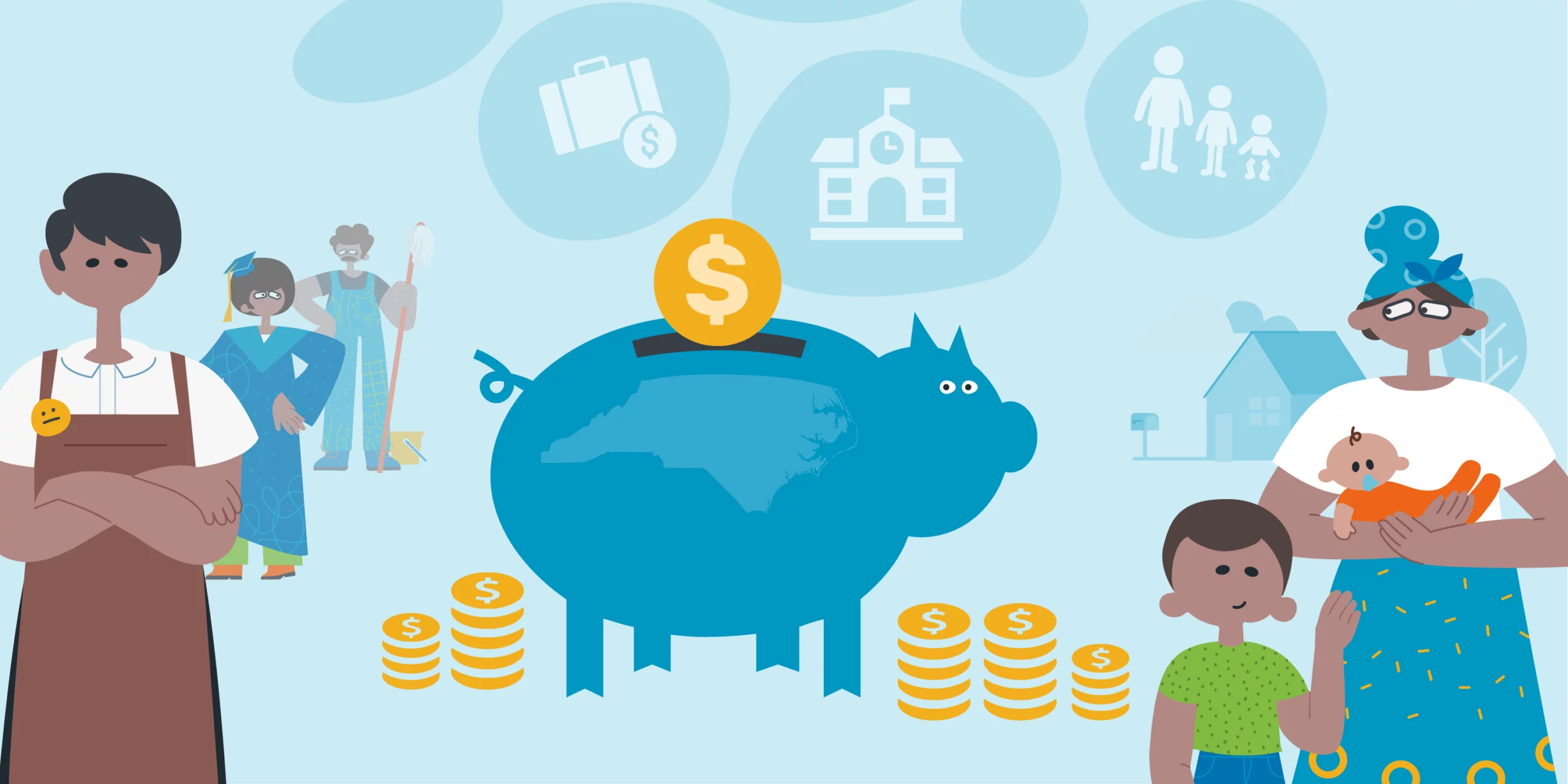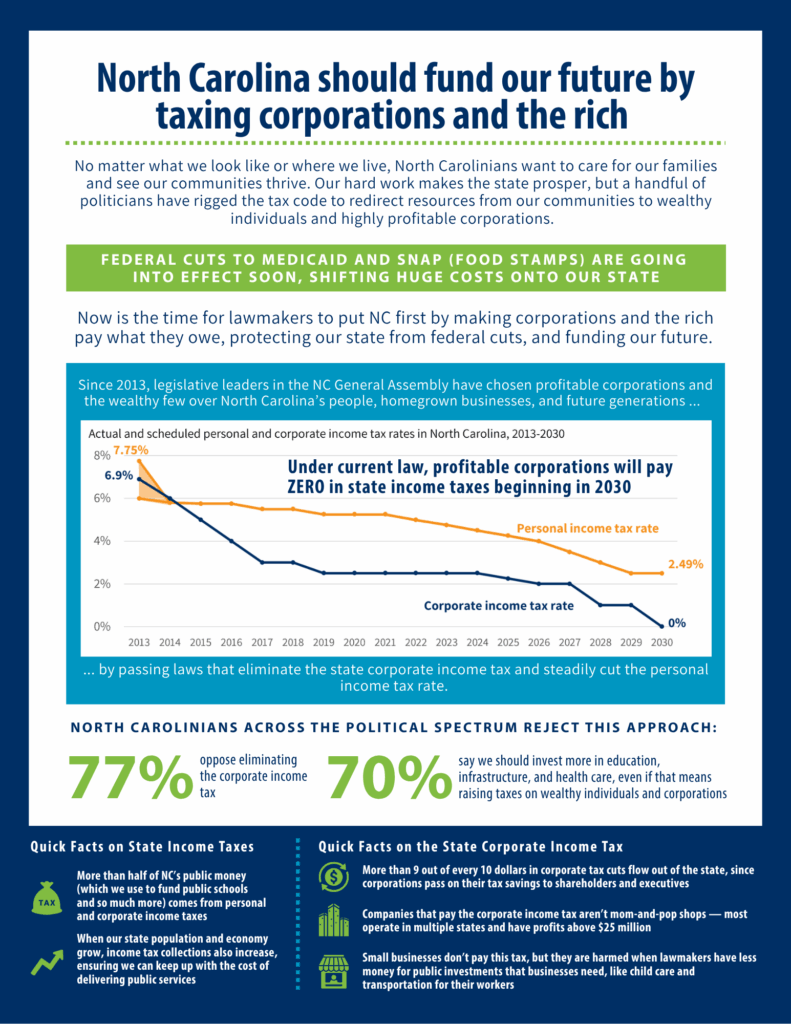
From paychecks to rising costs: The real impact of a federal shutdown in NC
When the federal government shuts down, even partially or temporarily, there are a number of ways in which our daily lives can be impacted — from whether federal offices and national parks remain open to whether landlords get rent or families can put food on the table.
Over time, those impacts tend to get worse as programs don’t have the funds to continue serving the people.
Some federal policymakers are choosing to make this shutdown unnecessarily difficult for people as soon as they can.
On Friday, the Trump administration announced that it would be laying off federal workers across a number of agencies, though details are still emerging. Such mass layoffs are illegal, and the loss of pay for those laid off and furloughed drags down local economies. It also creates delays in processing routine applications, disrupts travel, and can pause monitoring of water quality and weather activity, for example.
As the Center on Budget & Policy Priorities has outlined, there is no new authority granted the Executive during a shutdown. There are a series of laws and precedents dictating how shutdowns (and their resolution) play out. For example, federal employees receive back pay for the time the government is shutdown, regardless of the status of their work activities during the shutdown. And in past shutdowns, states that fill in gaps have typically been reimbursed for expenditures.
Months of federal funding chaos and the passage of cuts this summer will raise costs for families across the country and here in NC. And that means that this shutdown is fueling even greater uncertainty and disruption than past shutdowns.
At stake is whether Congress can come together — Republicans and Democrats — to put increasing health care costs in check for the 888,000 North Carolinians who use enhanced premium tax credits to purchase health care coverage in the federal marketplace. Unless Congress acts, those tax credits will expire at the end of this year, and North Carolinians’ premiums will skyrocket as a result.
At stake is whether Congress will establish stronger protections to ensure the funding that they approve reaches communities as intended, without unilateral action by the President to rescind or freeze funding.
The federal government is:
- The direct employer of nearly 85,000 people in North Carolina, and federal funding supports at least an additional 200 state employees.
- A source of assistance to families facing hardship so that they can put food on the table, keep a roof over their heads, and connect with educational and job training opportunities.
- A crucial source of funding for early education in North Carolina, from Head Start to child-care providers.
- Monitoring the safety of our air and water and the threats to our safety that extreme weather creates, as well as the rebuilding necessary when disaster hits.
A prolonged federal government shutdown will be uniquely harmful to North Carolina. There is no state budget to provide state agencies with support to fill gaps, and there is a backlog of unmet needs that make communities less resilient to even short-term shocks.
As we continue to monitor the impact of this latest effort to diminish the capacity of our government to serve the people’s interests, it is clear that our policymakers must recommit to governing in the interests of the many, not just the wealthy few.





